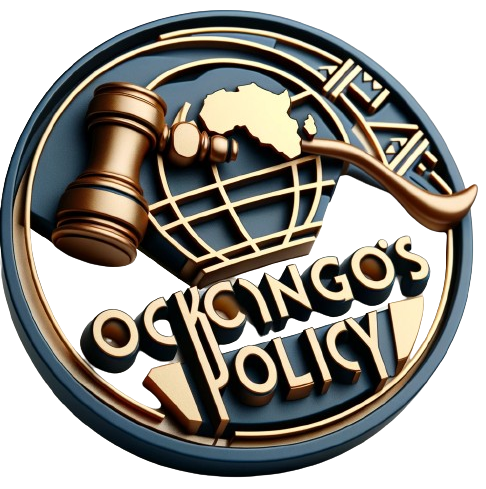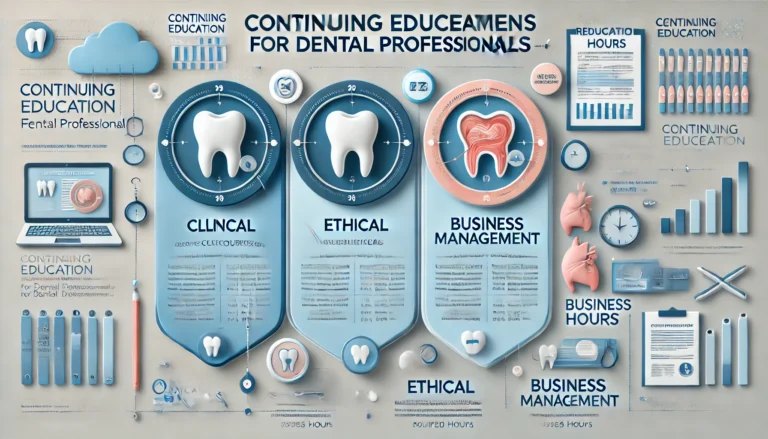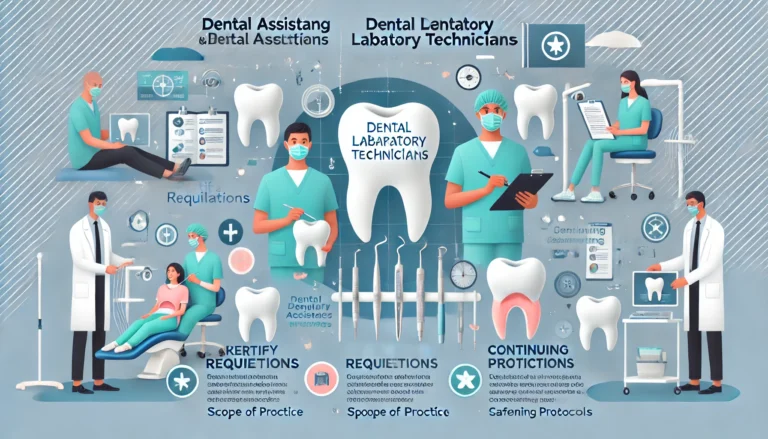Exploring the Spectrum of Dental Licenses and Certifications: A Guide to Navigating Dental Policy
In the complex and ever-evolving world of dentistry, understanding the various types of dental licenses and certifications is crucial for professionals aiming to excel in their field. This guide provides an in-depth look into the spectrum of dental credentials, emphasizing the role of dental policy in shaping these requirements and guiding practitioners towards achieving professional excellence.

Introduction to Dental Licensing
Dental licensing is the cornerstone of practicing dentistry, ensuring that professionals meet the necessary standards of knowledge, skill, and ethical practice. In most jurisdictions, obtaining a dental license is the first step in a dentist’s career, allowing them to legally provide dental care to patients.
Types of Dental Licenses
- General Dentistry License: The most common type of license, allowing dentists to perform a wide range of dental procedures.
- Specialty Licenses: For dentists who have completed additional training in areas such as orthodontics, periodontics, or oral surgery, specialty licenses recognize their advanced expertise.
Certifications Beyond Licenses
Certifications offer dentists the opportunity to showcase their commitment to continued education and expertise in specific areas of dentistry. These can include:
- Board Certification: Demonstrates that a dentist has met nationally recognized standards in a dental specialty.
- Advanced Cardiac Life Support (ACLS) Certification: While not directly related to dental procedures, this certification is essential for handling emergencies in the dental office.
The Role of Dental Policy
Dental policy plays a pivotal role in defining the requirements for licensure and certification, ensuring public safety, and maintaining high standards within the profession. It encompasses regulations and guidelines set by dental boards and professional associations, influencing the scope of practice, continuing education requirements, and ethical standards.
Continuing Education: A Lifelong Commitment
Continuing education is a requirement for maintaining dental licenses and certifications, reflecting the profession’s commitment to lifelong learning. Courses cover a broad range of topics, from clinical skills and new technologies to dental policy and ethics, ensuring that practitioners stay current with the latest advancements and standards in dental care.
Navigating the Licensing Process
The path to obtaining a dental license typically involves completing an accredited dental program, passing national and state-specific examinations, and fulfilling any additional requirements set forth by local dental boards. Understanding the specific dental policies and regulations in your jurisdiction is crucial for a smooth licensing process.
Specialty Certifications: Elevating Your Practice
For those looking to specialize, the journey includes additional years of education, residency programs, and rigorous examinations. Specialty certifications not only enhance a dentist’s skill set but also open doors to new career opportunities and avenues for professional growth.
The Impact of Dental Policy on Professional Development
Dental policies not only ensure the quality and safety of dental care but also provide a framework for professional development. By staying informed about changes in dental policy and actively participating in professional organizations, dentists can contribute to the evolution of their profession and advocate for policies that benefit both practitioners and patients.
Conclusion: A Pathway to Professional Excellence
Understanding the types of dental licenses and certifications is more than a regulatory requirement; it is a pathway to professional excellence. By navigating dental policy and committing to ongoing education, dentists can advance their careers, enhance patient care, and contribute to the esteemed field of dentistry.


